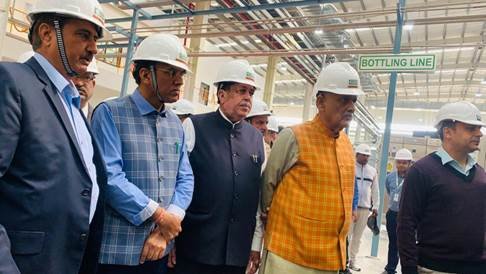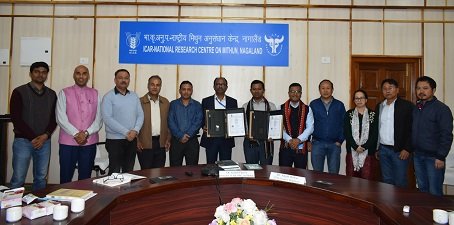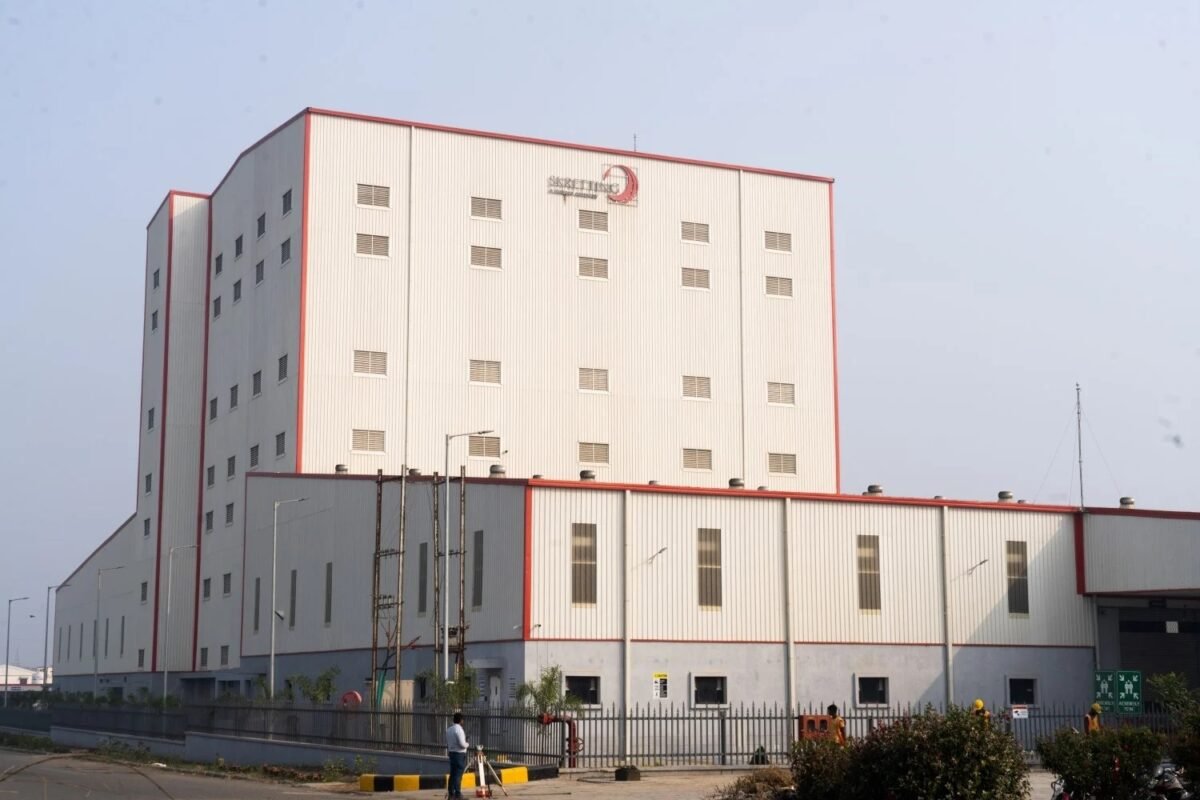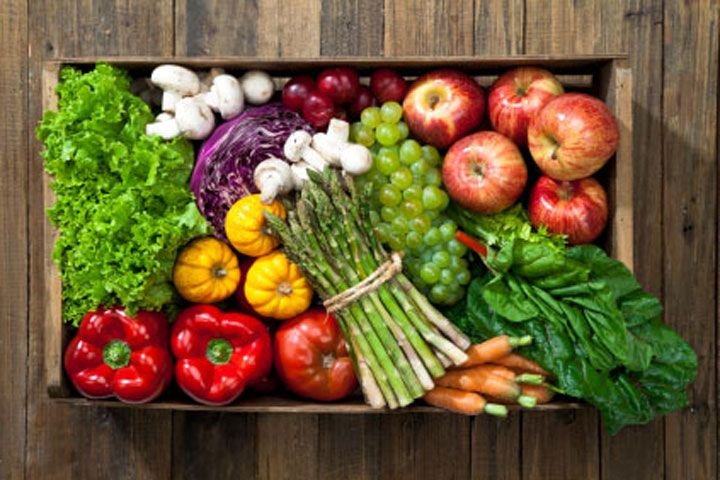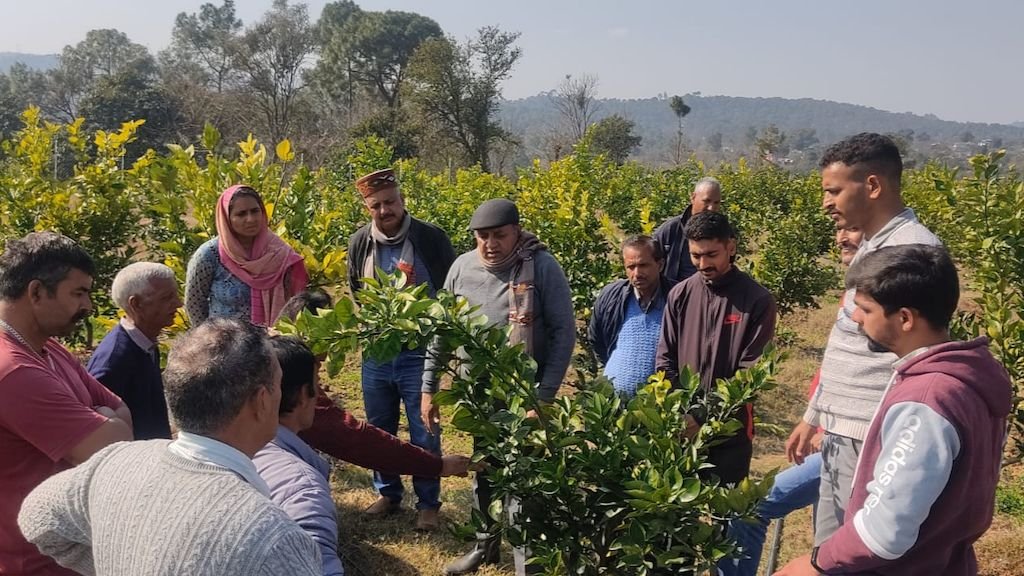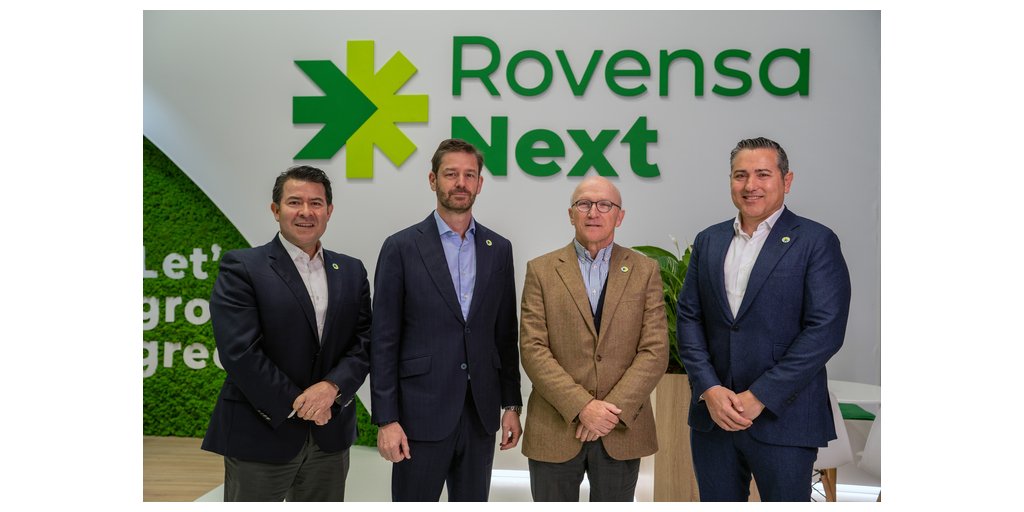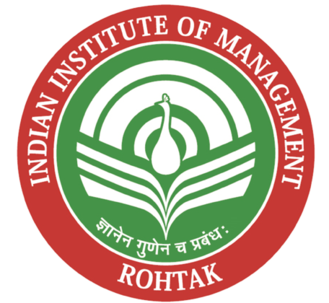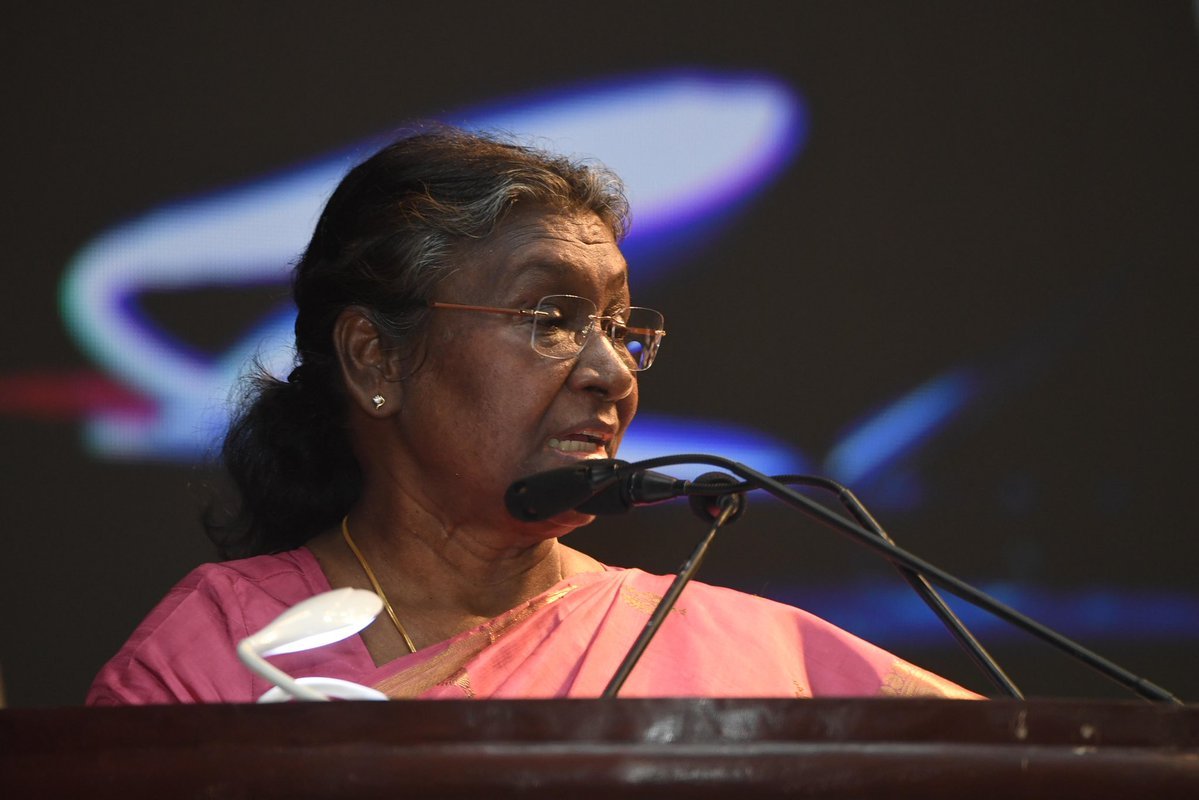Singapore based GFP, CFFRPPA teams up for cage-free production in India
Through this partnership, GFP will build capacity through online resources and in-person consultations and workshops in cage-free production
Global Food Partners (GFP) – a Singapore-based consulting firm – and India’s Cage-free and Free-range Poultry Producers Association (CFFRPPA) – have signed a partnership agreement to support the country’s egg farmers to transition to best practice cage-free production.
Through this partnership, GFP will build capacity through online resources and in-person consultations and workshops in cage-free production and bird health and welfare to CFFRPPA members interested in cage-free farming. The two organisations will also develop a buyer roundtable, to help food and hospitality businesses source cage-free eggs and develop the cage-free market in India.
Jayasimha Nuggehalli, Chief Operating Officer and Co-founder of Global Food Partners stated, “Our mission at GFP is to create a cage-free ecosystem in Asia, where both egg producers and buyers can achieve sustainable cage-free production and sourcing. We’re thrilled to partner with CFFRPPA to help its members succeed in cage-free production, and to help corporate buyers meet their cage-free commitments in India.”
Ashok Kannan, President of CFFRPPA, stated, “Our membership is increasingly interested in producing cage-free eggs, as more and more consumers and corporate clients in India are requesting them. We are happy Global Food Partners can support CFFRPPA egg farmers to overcome the challenges they’ve been facing in cage-free production. Their vast experience in India and abroad will help us stay competitive and meet client demand for a high-quality and reliable supply of cage-free eggs.”
Earlier this month, as part of this partnership, CFFRPPA member and farmer and trainer at Happy Hens, Mathavan Damodharan attended Global Food Partners’ week-long training at its Cage-free Welfare and Innovation Hub in Indonesia. The training was led jointly by Global Food Partners, Universitas Gadjah Mada (Indonesia) and Aeres University of Applied Sciences (the Netherlands), and had participants from across Asia, including Singapore, China, India, Malaysia, Indonesia, and the Philippines. The training had both theoretical and practical sessions, including visits to a local farm, bird assessments and handling, and collaborative learning activities in the classroom and on the farm.
Through this partnership, GFP will build capacity



